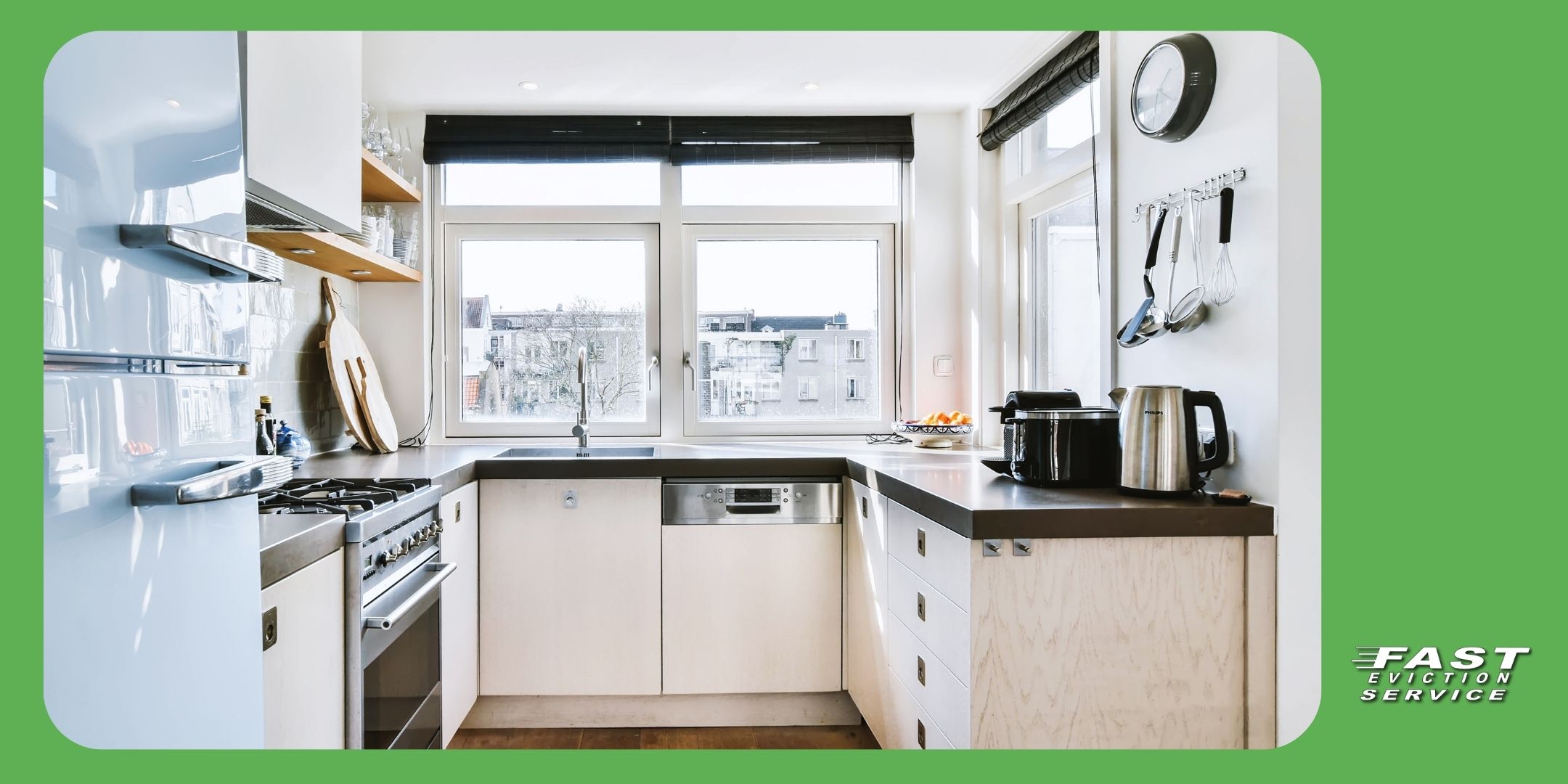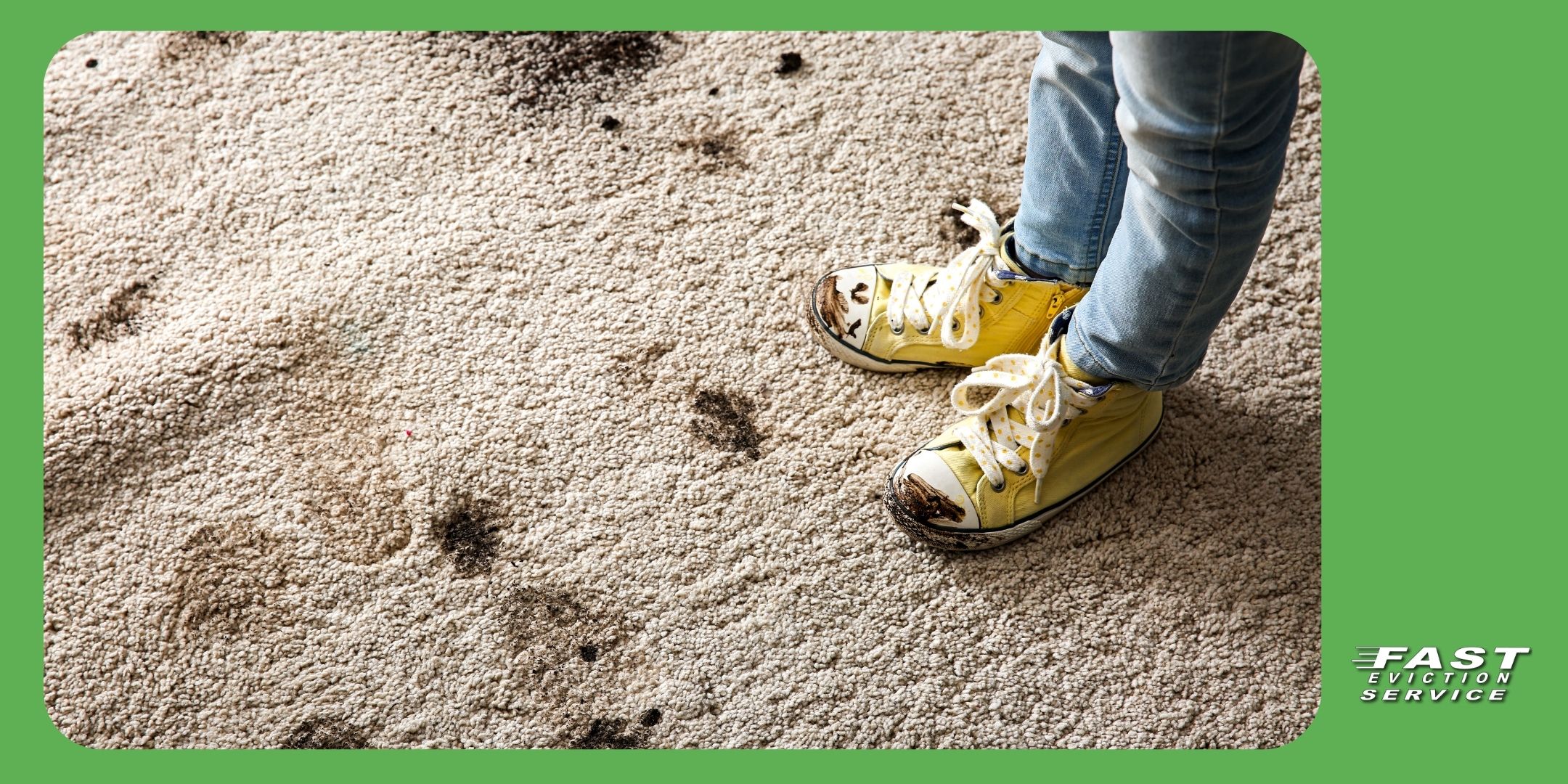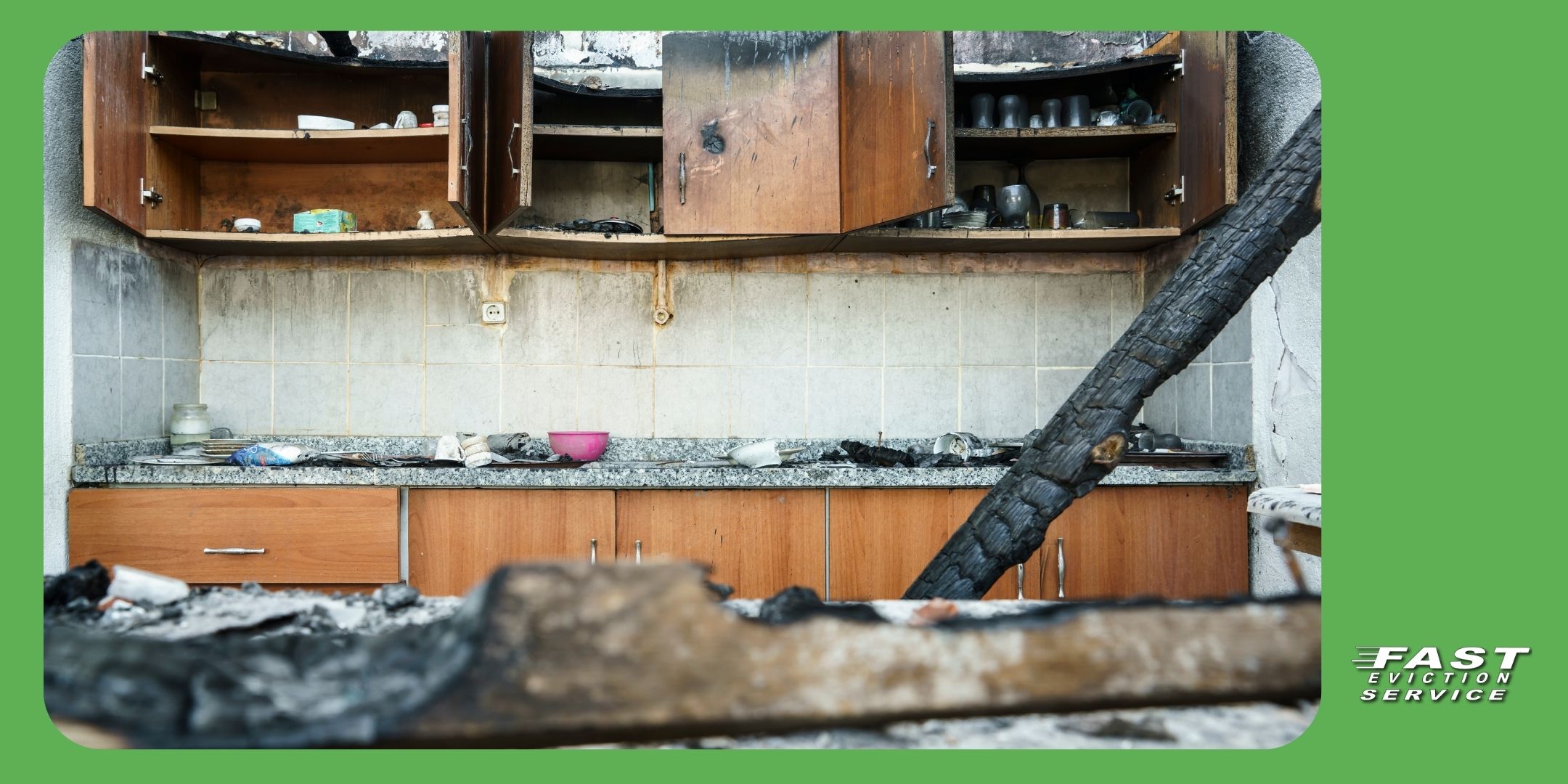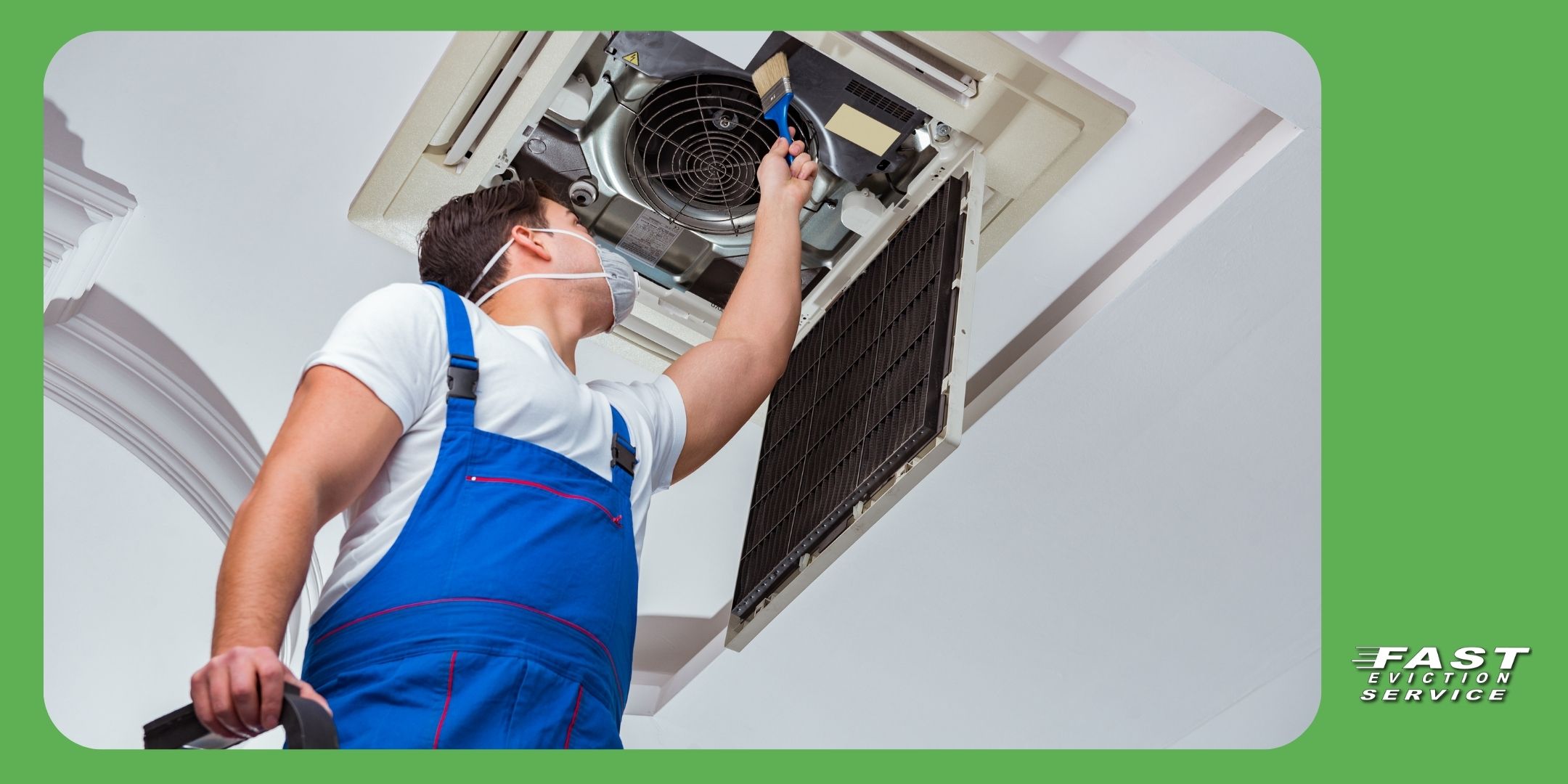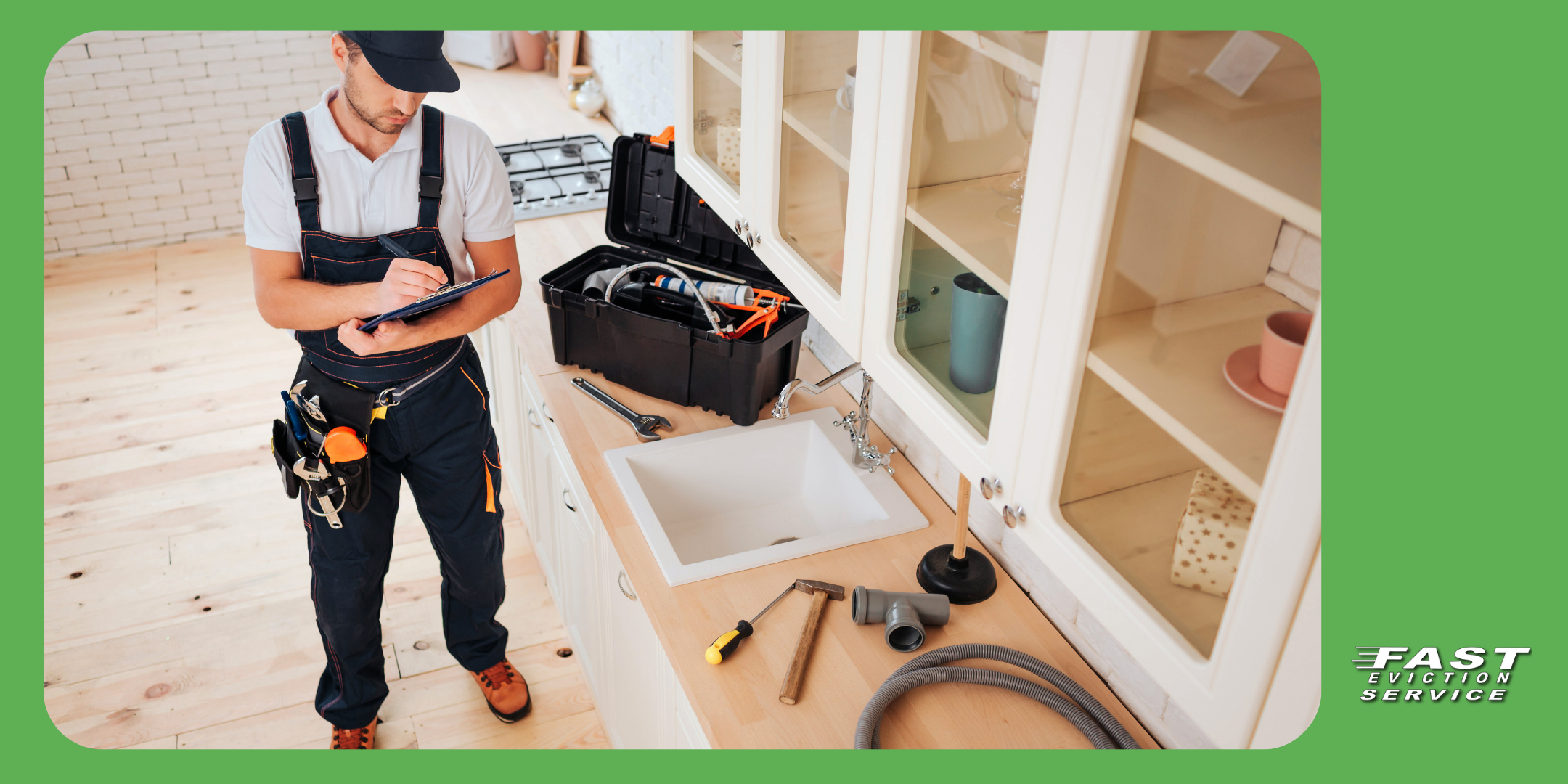Updated 5/24/21
Landlords are legally responsible for repairs and maintenance for rental property. Specifically when it comes to habitability issues. A habitable rental unit is fit for occupation by a human being. It has to substantially comply with state and local building and health codes that could possibly affect a tenant’s health and safety. That’s what the law says.
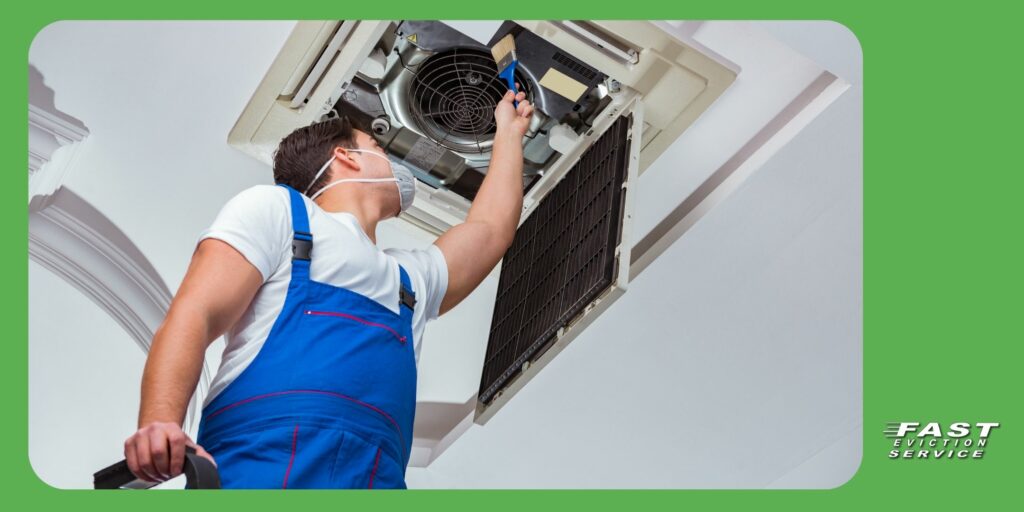
Tenants have many choices when it comes to landlords failing to properly maintain and make repairs on their rental property. Worst case scenario, the landlord ends up in court. The fact is, tenants have a few options when a landlord doesn’t hold up their end of the rental agreement.
Advantages of Regular Repairs and Maintenance for Rental Property
There are many benefits when landlords meticulously maintain their rental property. Not only is it important to preserving high values of your property but it is also a key component to keeping long term tenants.
Longer Tenancies
In a 2019 survey conducted by Avail, about 13% of the 1,100 tenants asked why they didn’t renew their lease said it was due to lack of proper maintenance. This means that almost 150 tenants could have stayed for longer tenancies if their landlord had properly maintained the rental property.
This also includes maintenance and repair requests made by the tenant. It’s important that you take care of them quickly to keep your tenants happy and longer.
Lower Utility Costs
When rental property is running at peak efficiency, it will help lower the costs of utility bills. This will directly affect your tenants pockets and help you keep good tenants around for longer periods of time.
It’s Tax Deductible
Who doesn’t like tax deductions? Repairs and maintenance for rental property is a business expense you can write off on your taxes.
Improve Insurance Rates
A lot of insurance companies reward landlords who have clean records of housing code violations, lawsuits or incidents.
What happens if I fail to maintain my property?
The most obvious result of failing to properly maintain your rental property is the value of your building going nowhere or even worse – going down. Here are a few more.
- Tenants won’t be happy when receiving unnecessarily high utility bills.
- Good tenants won’t stay around for a second lease term.
- Risk being liable for injuries on your rental property due to poor maintenance.
- Your vacancy rate will go through the roof.
- Your rental property won’t attract the best candidates.
Tenants have a number of rights or options if they hold up their end of the agreement and properly make a repair or maintenance request to their landlord and the landlord fails to address the issue. Generally, the landlord has 30 days to address habitability issues in California. If the repair or maintenance request is considered an amenity, it could possibly become a habitability issue after the first 30 days. Once the “reasonable time” to fix the issue in question has expired, the tenants has the right to:
Please consult a lawyer (whether you’re a landlord or a tenant) before considering any of these options as there are many technicalities involved.
- Repair and Deduct – Where a tenant makes the repair themselves or hires someone to do so and deducts it from the following month’s rent. The repairs cannot be more than 1 month’s rent and the defect of the rental unit in question must render it uninhabitable.
- Abandonment – If the repairs would cost more than 1 month’s rent or if the issue in question renders the unit uninhabitable, the tenant has the right to abandon the rental property without prior notice.
- Rent Withholding – The tenant has the right to withhold paying partial or all of the rent if the landlord fails to fix more serious defects that would render the rental unit uninhabitable.
What if the repair requested was caused by the tenant?
Landlords are responsible for providing a habitable rental unit to their tenant. As stated at the beginning of this article, the repairs and maintenance of the rental property must be fit for occupation by a human being which substantially complies with state and local building and health codes.
A landlord would not be responsible for damages caused by abuse or neglect on behalf of the tenant or anyone who the tenant is responsible for like guests or pets. Tenants, by signing a rental agreement in California, must do their part to keep the rental property in habitable conditions. This includes:
- Keeping the property as clean and sanitary as possible.
- Knowing how to properly operate gas, electrical and plumbing fixtures. (an example of breach would be flushing large and foreign objects down the toilet causing the plumbing to break.)
- Disposing their trash in a clean and sanitary manner.
- Tenants cannot purposefully destroy, damage or deface the rental property or common areas.
- Use the property as a place to live and use it for its intended purpose. A bedroom must be used as a bedroom, not an extra bathroom or a kitchen.
- Give proper notice when dead bolt locks , windows, doors or any security device fails to work properly.
Now, it’s not to say the landlord will be off the hook if their tenant fails to comply with their responsibilities. If the tenant fails to meet their responsibilities and causes the rental unit to become uninhabitable, the landlord has the right to charge the tenant the costs to make the unit habitable again.
Having Repairs Made
Once the tenant is ready to make a request for repairs or maintenance for the rental property, they should do so in writing. Calling, text messaging or emailing a request is ok to quickly let the landlord or property manager know about the problem, but it should be followed up with a written letter to have a record of the request. It isn’t required by law but having a system in place to give your tenant a proper receipt of notice is a good business practice.
Once the request is received, a landlord must make the repair within 30 days if it voids the warranty of habitability of the rental property. For non serious repairs such as amenities, it can become a habitability issue after the initial 30 days.
Landlords must provide a 24 hour notice to enter dwelling and list the proper reason as to why the landlord or a repairman is entering the rental unit. Repairs must be done within normal business hours unless a mutual agreement is made.
We hope this article has helped clear a few things up on repairs and maintenance for rental property and why it’s so important to stay on top of regular maintenance and tenant requests. There are by far way more benefits to keeping your property in top shape.

